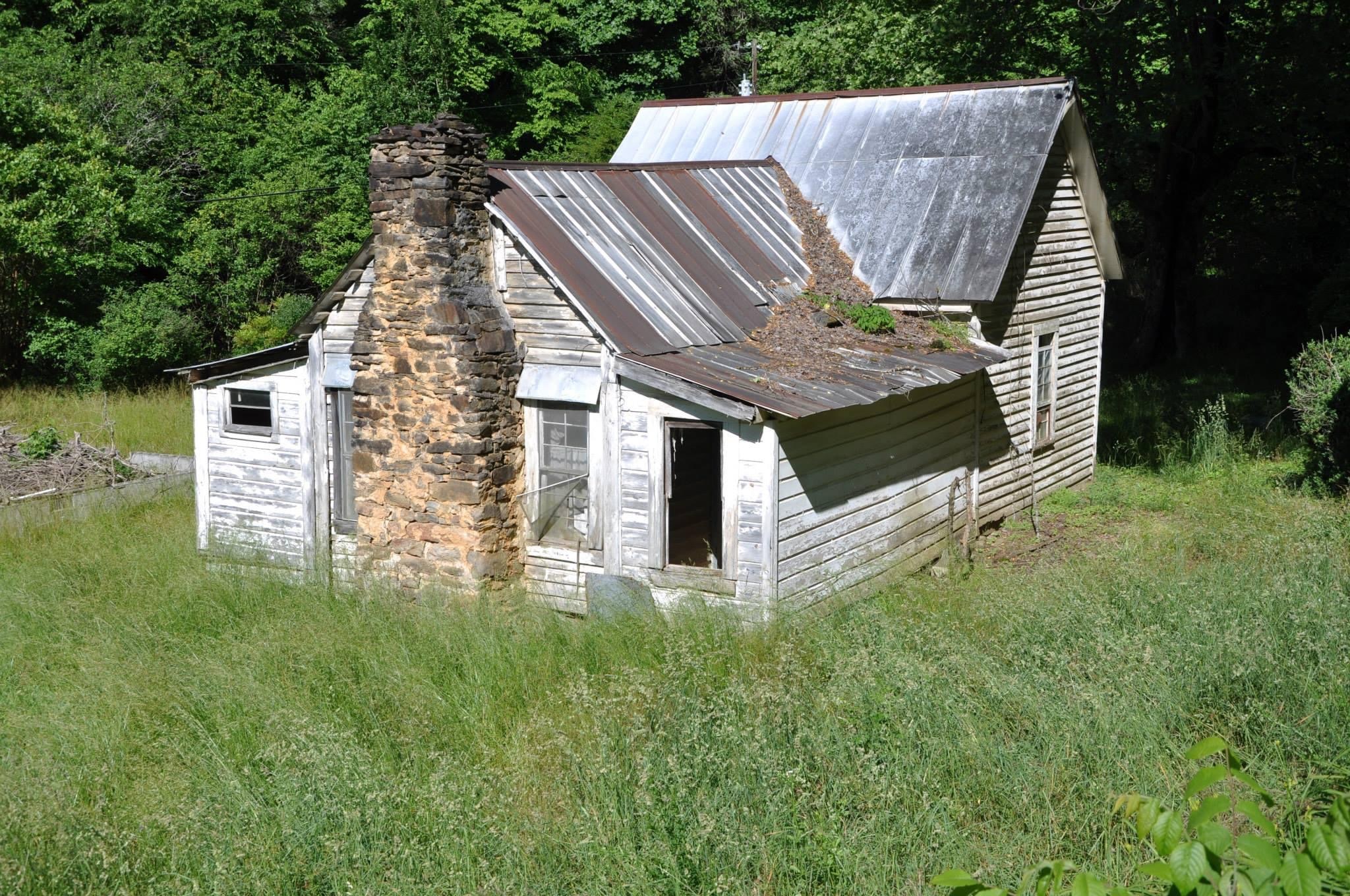Mavis, who was 77, survived her husband, Jerry. She filed a Petition for Year’s Support and the Probate Court awarded her a life estate in the marital residence. Michael, one of Jerry’s children from a prior marriage, appealed. He argued that the record did not support a finding that Mavis’ economic need justified the award based on the factors in OCGA § 53-3-7(c).
Mavis’ original petition sought full title to the jointly-owned marital home as well as all of the vehicles. Michael objected. The probate court held an evidentiary hearing that included testimony from Mavis and her son, Cory Sessions, who helps her with her finances and who helped Mavis estimate her income and expenses. Following the hearing, the court held Mavis was entitled to some support, but not everything she sought.
The standard on appeal was the any evidence standard. Applying that standard, the Court went on to say probate court’s determination of the amount awarded as year’s support will be upheld on appeal absent an abuse of discretion.
The court then reviewed the factors to be considered under OCGA § 53-3-7(c). “[T]here was evidence that Mavis’s expenses in the year after Jerry’s death were approximately $28,000 and that Mavis had deferred necessary tree work at the marital property that would cost $18,000, as well as dental work that would cost $10,000. Her income was based solely on monthly Social Security payments totaling $20,400 annually. She also held two bank accounts totaling $20,000, as well as her half interest in the marital home. Thus, her expected non-estate income was $20,400 (along with $20,000 in liquid bank account assets), and her expected expenses were $28,000 plus the expected tree work and dental expenses. Thus, there was evidence that Mavis would have a shortfall of approximately $36,000 to meet her regular expenses incurred under her normal standard of living.”
Apparently Michael objected to inclusion of the dental expenses, but the Court of Appeals found they were permitted. Where medical expenses are necessary and the circumstances and standing of the family before death would warrant it, they may be considered in fixing the amount of year’s support. Similarly, the tree work could be considered. The court was authorized to include `non-transitional’ expenses which had accumulated and become necessary items for repair or replacement to restore her to her traditional standard of living.”
After considering Mavis’ expenses, the Court found that Jerry’s interest in the home was less than $35,000. Since that amount was less than Mavis’ shortfall, the evidence supported the probate court’s exercise of discretion in awarding Mavis the value of a life-estate in the marital home.








